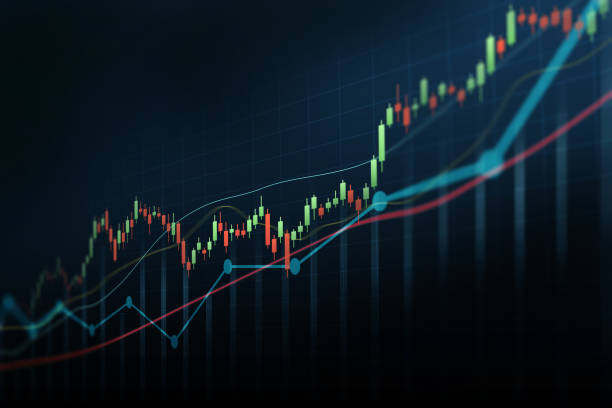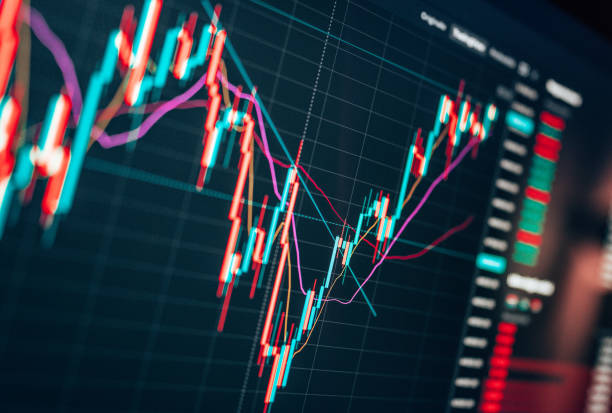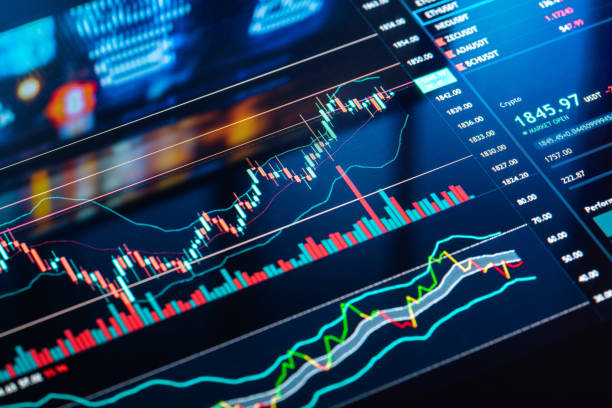Commodity trading is where various commodities and their derivatives products are bought and sold. A commodity is any staple or primary agricultural product that can be bought or sold, whether wheat, gold, or petroleum, among many others. once you engage in commodity trading, such commodities can diversify your asset portfolio. Commodity trading is broadly classified into two categories: spot trading and futures trading. Spot trading involves the buying and selling of commodities at the present market price on a cash basis. In contrast, futures trading consists of shopping for and selling commodities at a predetermined price in the future you’re purchasing an ounce of gold today, but you’re also betting that tomorrow it will be worth more than what you bought it for today The reason for this is the inherent risk involved in trading commodities. you’ll buy a futures contract that will make a certain amount of money if the price goes up and lose a certain amount if the price goes down. Commodity traders use margin accounts to extend their leverage and possibilities of making profits from trades. If invested in prudence, commodities can provide good returns in the long run thanks to their changing prices over time.

Abstract financial graph with up trend line candlestick chart in stock market on blue colour background
Now We See What’s Commodities are
Commodities are basic raw materials wont to produce goods for everyday use. The building block of a worldwide economy, commodities include items like oil, sugar, metals, and so on. Commodities are often mass-produced and standardized for quality and quantity, which suggests they’re priced the same regardless of who produced them. You can get indirect exposure to the commodity market by buying and selling the shares of companies that are involved in the mining, extraction, best trading strategies growth, or harvesting of any sort of commodity. The relationship between a commodity and a stock is variable, so it’s important to try to do your research. Some commodity prices move con to stocks, which makes them a well-liked way for investors and traders to hedge their portfolios. for instance, if there’s a problem with the oil supply chain, oil companies will likely suffer within the short term, but the worth of oil would rise as demand outstripped supply.
How to Start Commodity Trading?
Commodity Trading may be a challenging task for several beginners as well as seasoned traders out there. it’s because the challenges are unique to Equity trading and other different forms of investment. Commodity trading is taken into account as one of the most developing forms of Trading, especially in India. As a result, several traders have begun to invest in commodities after equity and real estate. However, the risks in commodity trading are adequate to what we all see in Equity trading, but it’s also a money-making platform that helps the traders to earn an outsized profit from buying and selling goods. Traders need to keep one thing in mind before starting is that commodity trading requires a lot of dedication, experience, and diligence to achieve success. Before beginning to trade in commodities, all the traders must be well-versed with markets, commodities, and therefore the economy that causes the price changes in the commodities. best trading brokers The traders must also practice technical and fundamental analysis to form correct decisions and move in the commodity market. Apart from the above factors, traders should know all the essential details and requirements before starting their commodity trading.

price of btc is going to breakout
Step 1 – Getting Familiar About The Commodity Trading Exchanges
The first and primary step for a trader to start commodity trading is to get familiar with all the exchanges on that commodities are traded.
In India, commodities are traded through three major exchanges such as:
1) National Multi commodities exchange of India (NMCE)
2) National Commodity and Derivative Exchange (NCDEX)
3) Multi commodities exchange of India (MCX)
Most of the commodities are traded on these popular exchanges in India.
Step 2 – Selecting the Efficient Stockbroker
The next important step to starting commodity trading is to select a reliable and efficient stockbroker. The broker must be regulated and registered by the Securities and Exchange Board of India (SEBI). Selecting an efficient stock broking company is challenging because the account is taken care of by the stockbrokers that execute all the trades. The brokers also help the traders inform about commodity trading and make informed decisions through their recommendations. Also, while selecting a broker, the trader must realize the brokerage fee they charge and the types of fees like clearing fees, platform fees, commission, and more. The major factor that a trader should consider while selecting a broker is the services they provide on their platform. However, several efficient full-service stockbroking companies for commodity trading in India offer excellent service for a trader to start commodity trading.

Trading Charts on a Display
Step 3 – Opening The Commodity Trading Account
Once a trader has selected their reliable broking company to start commodity trading, they need to apply the next step by opening a Demat account. They have to fill out an application form and provide all the necessary details like age, income, financial status, and more with their broker. The broker then checks and analyzes the knowledge provided by a trader. counting on the investor’s credit, trading experience, and risk-taking capabilities, the corporate decides to agree or reject the opening of the Demat account. The broker must analyze the information, which is an important part because they need to make sure that the trader can pay off its debts if the market is running down. Once the broker approves the appliance of a trader, the Demat account gets opened instantly.
Step 4 – Making An Initial Deposit
Once a trader has opened their commodity trading account, they need to make a small investment to start their trading. However, they need to deposit the initial margin, which is usually equal to 5 to 10% based on the contract value.

